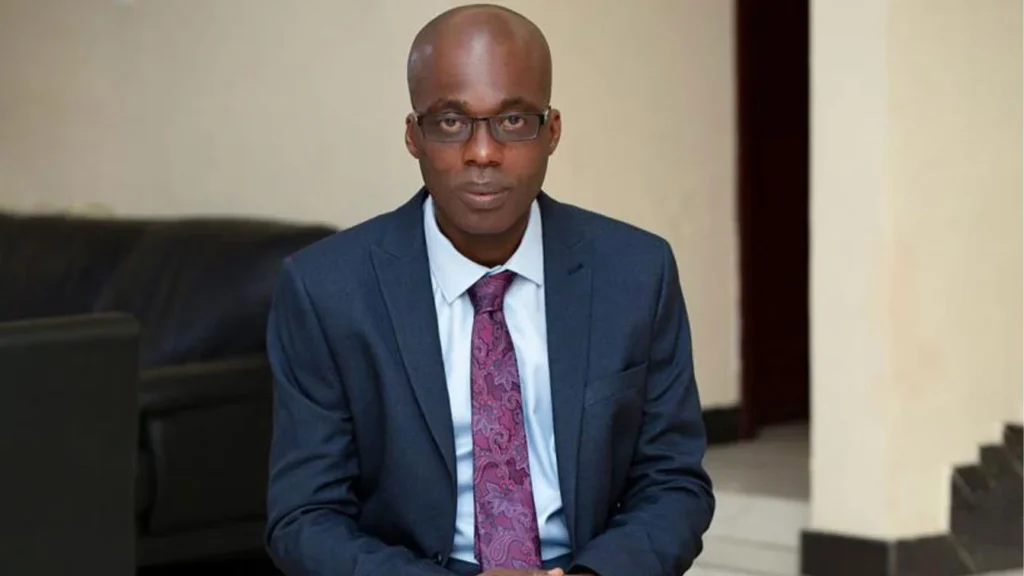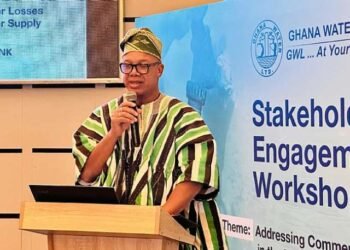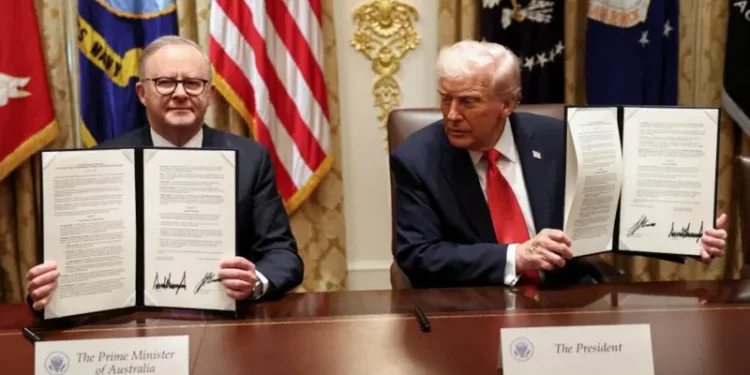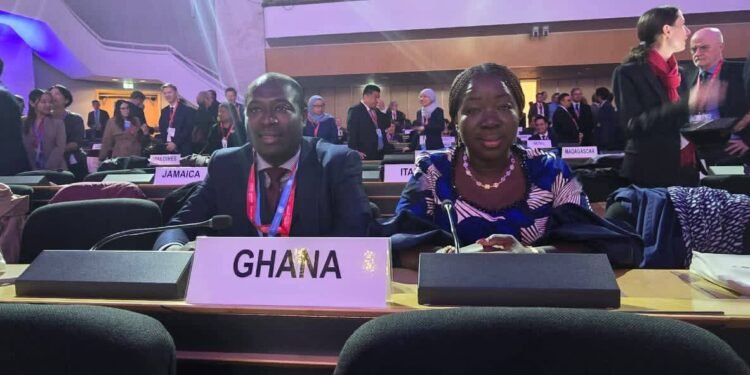Dr. Kwame Sarpong Asiedu, a Fellow at CDD Ghana, has voiced concerns over the timing of the government’s upcoming free dialysis treatment program under the National Health Insurance Scheme (NHIS), scheduled to begin on December 1.
He acknowledged the program as both “necessary and affordable,” emphasizing its potential to save lives and ease the financial burden on patients requiring dialysis.
However, Dr. Asiedu criticized the long delay in implementing the initiative, suggesting it could have been launched sooner to provide relief to those in urgent need.
“If you remember from October last year, we discussed this, and I was very categorical that this was affordable and necessary. There was no reason for a delay because a delay would inevitably lead to a loss of lives
“I had not seen any country in the world where renal dialysis is paid for by patients directly because it would certainly bankrupt them. It’s always funded by insurance, so I’m glad it’s being funded now, but my concern remains: Why now?”
Dr. Kwame Sarpong Asiedu
He further noted that in most countries, insurance policies already cover renal dialysis due to the prohibitively high costs, which are often beyond what individuals can afford on their own.
According to him, this is a necessary step given the critical role the initiative will play in saving lives.
Dr. Asiedu also highlighted the significant impact of renal disease in Ghana, where the prevalence of end-stage renal failure is around 13%. However, only about 39 out of every million people require dialysis.
He estimated that approximately 1,350 patients nationwide would need dialysis annually, reflecting a substantial need for accessible treatment.
Expressing concern about the barriers to care, Dr. Asiedu pointed out that many patients avoid formal medical care, opting instead for alternative treatments or prayer centers without fully understanding their medical needs.
He projected that only 800-900 people would likely access the treatment initially, partly due to these trends.
He explained that a recent NHIS pilot program included about 400 patients, yet this fell short of expected uptake, underscoring the need for broader outreach and support to ensure the program’s full impact.
Dr. Asiedu Criticizes Delay in Dialysis Program, Cites Lost Lives
Furthermore, Dr. Kwame Sarpong Asiedu emphasized that if the government had acted sooner, many lives could have been saved.
He highlighted the avoidable suffering endured by patients due to the delay and stressed the tragic loss of life that might have been prevented with earlier intervention.

“The numbers have been steady since last year, between 34 and 39 per million. If the resources to fund it were available, what justified the wait?
“Now that insurance will cover dialysis, perhaps private providers can be brought on board in a structured way, allowing a Funding Facility through NHIS”.
Dr. Kwame Sarpong Asiedu
Dr. Asiedu raised questions, expressing hope that the National Health Insurance Scheme (NHIS) and the government will uphold their commitment to making life-saving treatments accessible for everyone.
Reflecting on the government’s pilot program for dialysis patients earlier this year, which aimed to ease financial burdens, he noted that if the program yielded positive results, that data should be shared to address public concerns.
He emphasized that transparency about the pilot’s outcomes is crucial for building public confidence.
The CDD Fellow pointed out that sharing the numbers would reassure those who may have doubts.
From his perspective and based on the data he has reviewed, he believes the resources are sufficient to support this initiative.
However, he warned that if resources are found lacking, then “the NHIS—and indeed the nation—is failing its people.”
Dr. Asiedu also highlighted the potential for partnerships with private dialysis centers, urging the NHIS to consider funding agreements with these facilities to expand access for patients who may prefer private treatment.
Additionally, he mentioned that government hospitals had already pre-financed dialysis treatments during the pilot phase, a practice he hopes will be extended to other facilities when the policy is fully implemented.
READ ALSO: Mauritius Election Shock, Jugnauth Concedes Defeat























